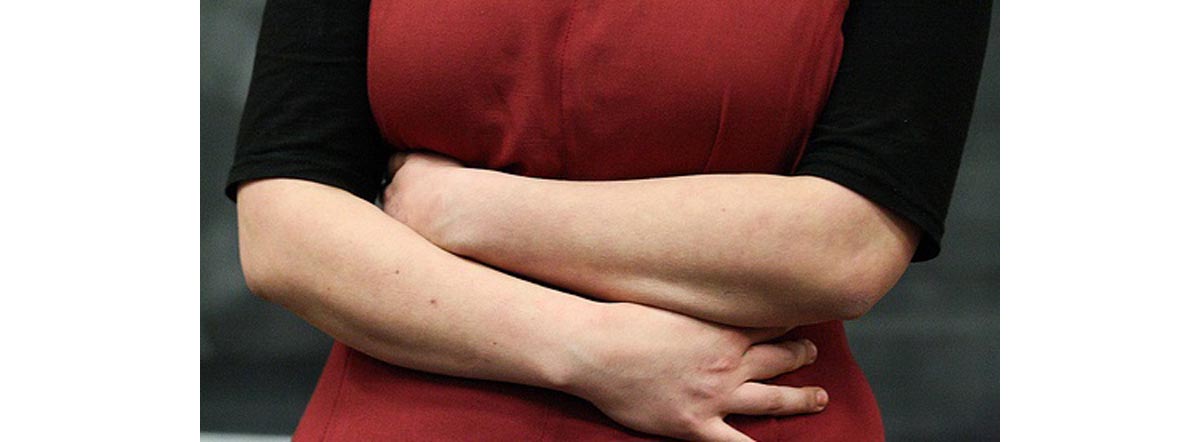Table of Contents
Miscarriage is not something you want to think about when you go into a pregnancy — when you are optimistic and looking forward to welcoming a new baby into the family. Yet, as many as one in five pregnancies end in miscarriage.

How can you recognize miscarriage symptoms, what should you do when you suspect that you are miscarrying, and is there anything a woman can do to prevent miscarriage?
Starting at the beginning: reducing your chances of miscarriage in the preconception period?
Taking good care of your health is essential during the period in which you are trying to conceive, and of course throughout your pregnancy. Taking a 400 mg folic acid supplement daily will increase a woman's fertility and has been proven to reduce the risk of neural tube defects such as spina bifida. Quitting smoking, and abstaining from alcohol at least during the last two weeks of your cycle will both help prevent miscarriage.
(Illegal) drugs should quite obviously be avoided (and not just during pregnancy!), and women who are hoping to conceive a baby should have a discussion with their doctor about any prescription drugs they are taking to evaluate their safety as well. Not all medications are compatible with pregnancy and trying to conceive, and some even cause serious birth defects.
Infections that could harm a fetus
Besides eating a varied, healthy diet there is only one more thing women can do to avoid miscarriage in the early stages of pregnancy. When you decide to take the plunge and ditch your birth control, inform yourself about infections that could harm a fetus. The most frequent ones are listeria, salmonella, and toxoplasmosis. So, stay away from raw meat, fish, eggs and dairy products and avoid changing your cat's litter tray or engaging in any gardening without gloves.
Also see your doctor about any booster vaccines you may need. If you do not have access to your immunization record, get your titres checked — you'll find out if you have antibodies to vaccine-preventable diseases, so you know if you need to get vaccinated or not.
Staying fit and healthy, and being proactive in those areas of your life that you can control, will reduce your risk of miscarrying to a certain extent.
Unfortunately, most miscarriages are caused by chromosomal defects and other conditions that mean the fetus would not survive birth, and even pregnancy.
- Photo courtesy of adamscotti on Flickr: www.flickr.com/photos/adamscotti/5423434716
- Photo courtesy of romainguy on Flickr: www.flickr.com/photos/romainguy/249374677

